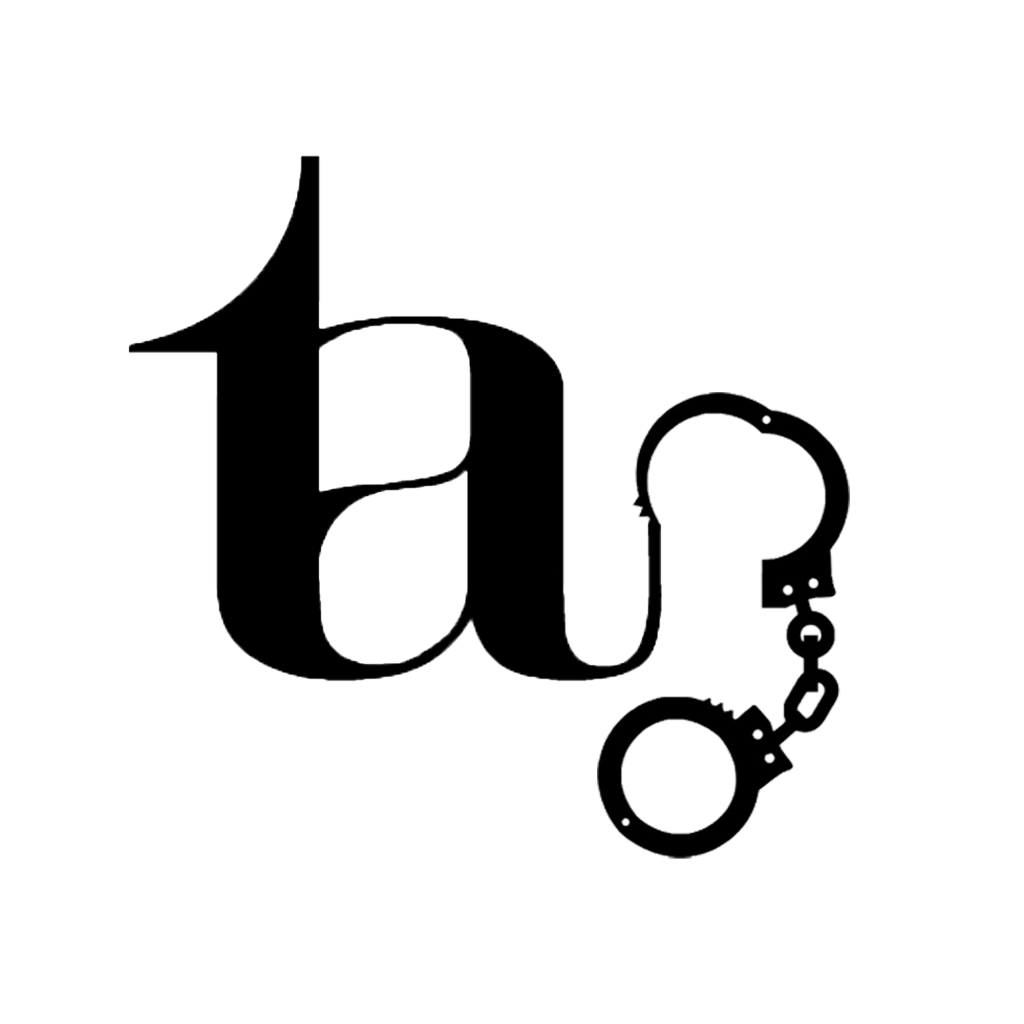A Revolt That Never Ends
From persona non grata to exile condemned in absentia, Italian philosopher Antonio Negri existed on the fringes of an empire that labeled him a cattivo maestro. As he explains in the documentary, A Revolt That Never Ends:
“Cattivo maestro is someone who teaches immoral things. Socrates, they said, taught ill-natured things, things that were against the order of society. That is true. He taught them, by the way, as an academic professor while being paid by the State. I always thought that becoming a professor would mean teaching freedom and exercising freedom.” (A Revolt That Never Ends 4:20)

A factory agitator in the morning, an academic professor during the day, and a manifesto writer in the night, Negri’s ideas burned in the minds of young Italian intellectuals and factory workers alike throughout the 1960s and 70s, urging a revolutionary awakening. He, along with his colleagues, wanted to transform freedom from an idea into an activity, and from language to society, and in order to do this they had to transform labor.

After the student revolts and wildcat strikes of May 1968, Paris, Negri co-founded Potere Operaio (Worker’s Power) in Padua, Italy and helped factory workers form autonomous worker’s councils. What took place in the factories soon spread to the streets and in 1973 P.O. disbanded and gave rise to the extra-parliamentary actions of Autonomia Operaio (Worker’s Autonomy). This led to what is today referred to as Autonomia, or the Autonomous movement.
In 1979, Italy was in a state of emergency. The streets were bustling with political activity but the air had an insurrectionary character. Italy’s Autonomia movement had gained momentum and power, and a following among the majority of the inner city Italian population. But the movement was also fracturing into factions and the Red Brigades, as well as unforeseen paramilitary and fascist groups close to the police, lurked in the crevices.

At the time, a professor of political science at the University of Padua, Italy, Negri was falsely accused of kidnapping and assassinating two-time Prime Minister, and head of the Christian Democratic Party, Alto Moro. He was also accused of being the head of both Autonomia and the Red Brigades (Brigate Rosse or BR), and for inciting armed insurrection against the state.
In a fell swoop of luck, in 1983, while in prison, Negri was elected into parliament as a representative of the radical party (the democratic proletariat). He was given parliamentary immunity and released.
A few months later, learning his immunity will be revoked, he decided to leave, and fled to Paris. Although the charges of murdering Moro and armed resistance were dropped, he was convicted of “inciting criminal activity with his writings,” and condemned in absentia to 30 years in prison.
France tolerated him under the Mitterrand doctrine, and philosopher peers, Felix Guattari and Gilles Deleuze, co-authors of The Anti-Aedipus and A Thousand Plateus, helped Negri get established in Paris. For a couple years, he went under the name Antoine Guattari, posing as the brother of Felix who in turn had to sign everything for him (rent, contracts, telephone, etc.). The two of them eventually got Negri a teaching job at the Paris VIII, the renowned school of philosophers Derrida and Foucault, and there he spent the next 14 years living in Paris, without papers.
Here in Paris, Negri broke from traditional Marxism, and entered into his own vision, co-authoring Empire with Michael Hardt, and becoming one of the most infamous Italian exiles in Paris.
In 1997, he returned to Italy to serve a shortened sentence. Released in 2003, Antonio Negri is not allowed to teach or vote in Italy.
Now why, might you ask, was the Italian government so afraid of Negri’s writings?
For Antonio Negri, there is a contrast/conflict between ‘constituent power’ and ‘constituted order’. In his view, the administration of the ‘constituted order’ to maintain social equilibrium is not really political at all. Rather, ‘constituent power’ is the locus of the political in the form of social creativity and historical momentum. The political (or constituent principle) is defined by forces that challenge the stability of the constituted order. The political is therefore defined by the constituent processes that invent alternative forms of social organization.
Here Negri draws a distinct theoretical line between the constituent principle (democratic forms of social organization) and the constituted order (constitutionalism of the ruling class which temporarily blocks and mystifies constituent power). Precisely because of the fixed quality of constitutionality, the constituted order (forever) remains inflexible to the free praxis (lack of criterion) of the revolutionary class.
We create history when we reassemble the order of things and create new forms of democratic organization to suit our current circumstances. This perspective is not unlike Jacque Ranciere’s distinction between the policing system (political order) and dissensus (politics proper). The revolution is the permanent (although often latent) process of constituent becoming. Constitution, therefore, has no end; constitution is an “open procedure” that “seeks constantly to institute mechanisms of social power.” (The Revolt Than Never Ends)
https://www.youtube.com/watch?v=WAdM_-PIL00
POSTSCRIPT
Widespread social conflict, political turmoil, and unprecedented acts of terrorism marked Italy throughout the 1970s. Often called The Years of Lead, referring to the vast number of bullets shot, between 1968 and 1981, nearly 2000 murders were attributed to political violence, in the form of bombings, assassinations, and street warfare between rival militant factions.
The state implemented “public safety” laws and ‘polemics of violence’ as a form of psychological warfare. A state of emergency often becomes a state of exception for those in power and the Italian government, with the help of the CIA, implemented a strategy of tension (strategia della tensione) that involved a series of terrorist attacks, employed by the right and the left in order to create a climate of anxiety and insecurity.
A strategy of tension describes when occult or foreign forces are involved in creating an atmosphere of fear in order to maintain social order or shift public opinion. A strategy of tension is an orchestrated ruse de guerre, often involving pseudo-operations, false-flag terrorist actions, espionage, and various forms of mimicry such as black propaganda, disinformation, and material that purports to be from a source on one side of a conflict but is actually from the opposite side. Such tactics are typically used to vilify, embarrass, or misrepresent the enemy.
Peter Dale Scott describes deep politics as unconscious political activity, or political processes omitted from discourse – facts that tend to be suppressed collectively from an intervening layer of irrationality under the political culture’s rational surface.
In 2000, a Parliamentary Commission report from The Olive Tree (L’Ulivo), a center-left political coalition, concluded that a strategy of tension had been supported by the United States to stop the PCI.
During the Cold War, the North Atlantic Treaty Organization (NATO) and the Central Intelligence Agency (CIA) sponsored stay-behind networks throughout Europe in the event that a communist party rose to power in a candidate country. Gladio, a secret NATO anti-Communist structure financed by the CIA, was one of these stay-behind operations. The Clandestine Planning Committee (CPC) recruited and ran clandestine cadres with hidden arms caches and escape routes, and Gladio’s strategy of tension and internal subversion operations undermined Italians’ ability to investigate and declare an authentic, self-determined political atmosphere. What began as an American parapolitical operation to combat the threat of communism helped to spawn a deeper political system of corruption in Italy by the mid-1980s.
The collapse of the First Italian Republic came about as the result of Mani pulite (“clean hands”), the nationwide Italian judicial investigation into political corruption held in the 1990s, which brought to light the Tangentopoli scandals. The result: 500 suspects, with more than half the members of the Italian Parliament under indictment, the dissolution of 400 city councils, and the disappearance of many parties, with some politicians and industrial leaders committing suicide once the crimes were exposed.







